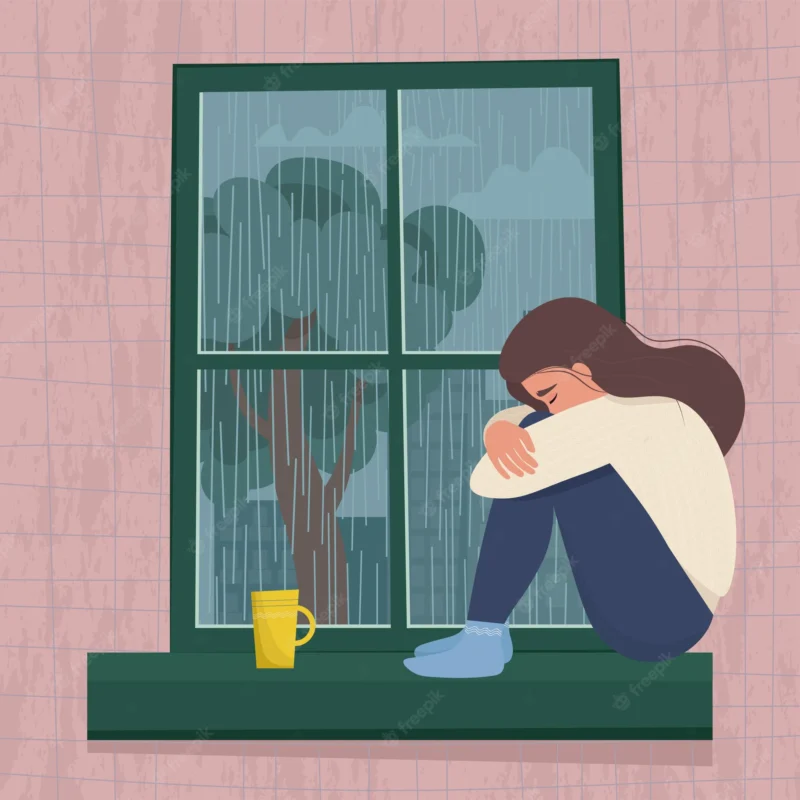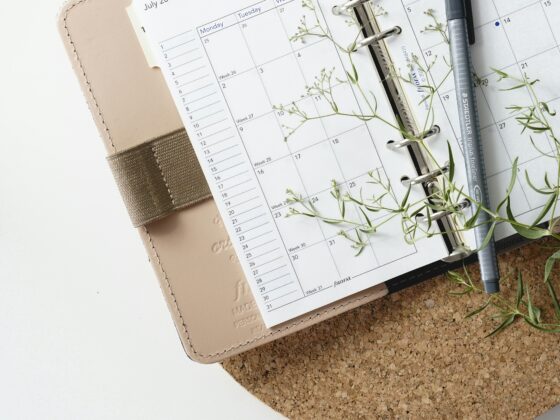Image Source: FreeImages
Do you find that every year around the same time, your mood takes a nose dive? You’re not alone. Many people experience a seasonal drop in their spirits as daylight hours shorten and the weather gets chilly. This type of depression is referred to as seasonal affective disorder, or SAD for short. The best way to cope with SAD is to learn all you can about it so you can take steps to minimize its impact on you. Keep reading to find out more about coping with SAD and how to reduce its effects on your life.
What is Seasonal Depression?
Seasonal depression is a type of depression that occurs at the same time each year. It is also referred to as SAD (seasonal affective disorder). Typically, symptoms are most severe during the fall and winter months when the days are shorter and darker. However, they may also occur during the spring or summer. Seasonal depression is very common, especially in areas where the sun is less intense, such as the northern latitudes. A diagnosis of seasonal depression doesn’t mean you will experience symptoms year round. In fact, most people experience seasonal affective disorder during a three-month period each year. A few people report symptoms during the entire fall and winter, while some experience few or no symptoms at all. It’s also possible to experience seasonal depression so intensely that it mimics a major depressive episode.
How to Know If You Have SAD
If you’ve been diagnosed with seasonal affective disorder, you’ve probably been told to make adjustments to your lifestyle in order to manage or reduce symptoms. But what exactly can you do to cope with seasonal depression? Here are a few suggestions: – Go outside – One of the best ways to ease the effects of seasonal depression is to spend time outside. Exposing your skin to sunlight can help regulate your circadian rhythm and boost serotonin production. You can also try meditating while sitting in the sun or walking while listening to music in a nearby park. – Stay active – Getting your blood flowing is another great way to boost serotonin and reduce symptoms of seasonal depression. Some people find that working out for about 30 minutes three times per week helps lessen the effects of seasonal depression. Other people prefer to do something more low-key, like taking walks or gardening. – Get plenty of rest – Seasonal depression can make it difficult to get a good night’s sleep. However, getting enough rest is essential for your overall health and well-being. If you aren’t sleeping well, try making adjustments to your schedule so you can get to bed earlier. If you still have trouble sleeping, talk to your doctor about the best treatment for you. – Reduce stress – Stress can make seasonal depression worse, so it’s important to find ways to reduce your daily stress levels. Consider participating in meditation classes, taking yoga, journaling, or listening to soothing music. You can also try visualizing yourself feeling calm and relaxed.
5 Ways to Cope with Seasonal Depression
Depending on your symptoms, you may find that one or more of these coping techniques are helpful in managing your seasonal depression. – Social support – Spending time with friends and family members can help you feel less isolated when you’re experiencing symptoms of seasonal depression. – Exercise – Getting your blood flowing is one of the best things you can do for mental health. It can help you improve your mood and regulate your emotions. – Cognitive behavioral therapy (CBT) – This type of therapy can help you learn new ways of thinking, behaving, and reacting to situations and people in your life. – Light therapy – Studies show that light therapy can reduce symptoms of seasonal depression. – Medication – If you’re experiencing very intense symptoms of seasonal depression, you might want to talk to your doctor about medication.
Tips to Reduce the Effects of SAD
If you’re experiencing symptoms of seasonal depression, try these tips to help ease the effects: – Get exposure to light – One of the best ways to ease the symptoms of seasonal depression is to get exposure to light. – Stay social – When you feel isolated and alone, it can be difficult to manage your depression. Staying in touch with friends and family members can help you feel connected and supported. – Exercise – Getting your blood flowing can help lift your spirits. – Eat healthy – You can reduce the intensity of your symptoms by making sure you’re eating a balanced diet. Eating foods that are rich in natural light can help you feel better. – Take care of your mental health – It’s important to take care of your mental health year-round, but especially when you’re experiencing symptoms of seasonal depression. Spend time doing activities that make you feel good.
3 Self-Care Strategies for Coping with SAD
Depending on how severe your symptoms are, there are a few self-care strategies you can try for coping with seasonal depression. – Exercise – Exercise can help you reduce stress, boost your mood, and improve your overall mental health. – Manage your stress – If stress is contributing to your seasonal depression, try doing things that help relieve your daily stress levels. – Get enough rest – Getting enough rest can help reduce your symptoms of seasonal depression. – Eat healthy – Eating healthy can help reduce the intensity of your symptoms.
Strategies to Boost Your Mood
If you’re currently experiencing severe symptoms of seasonal depression, try these strategies to boost your mood: – Don’t isolate yourself – When you’re experiencing symptoms of seasonal depression, it’s important not to isolate yourself. – Try a mindfulness practice – Mindfulness is a great way to reduce stress, regulate your emotions, and boost your mood. – Stay positive – When you’re feeling down, it can be easy to focus on the things that are making you feel bad. Instead, try to focus on things that make you feel good. – Stay productive – Getting out and doing something can help you redirect your attention away from your symptoms. – Make time for fun – It’s important to make time for the things that make you happy even when you’re feeling depressed.
2 Strategies to Boost Your Mood
If your symptoms are particularly severe, try combining a few of these strategies to boost your mood: – Exercise – Getting your blood flowing can help reduce your feelings of depression. – Meditate – Practicing meditation can help you regulate your emotions and boost your mood.
Conclusion
Seasonal depression is a common condition that affects millions of people every year. While seasonal depression can be a challenge to deal with, it’s important to remember that you aren’t alone. There are many people who experience seasonal depression each year, and there are ways to ease the symptoms and cope with seasonal depression. Try some of these tips for coping with seasonal depression, and you’ll be well on your way to easing your symptoms.












